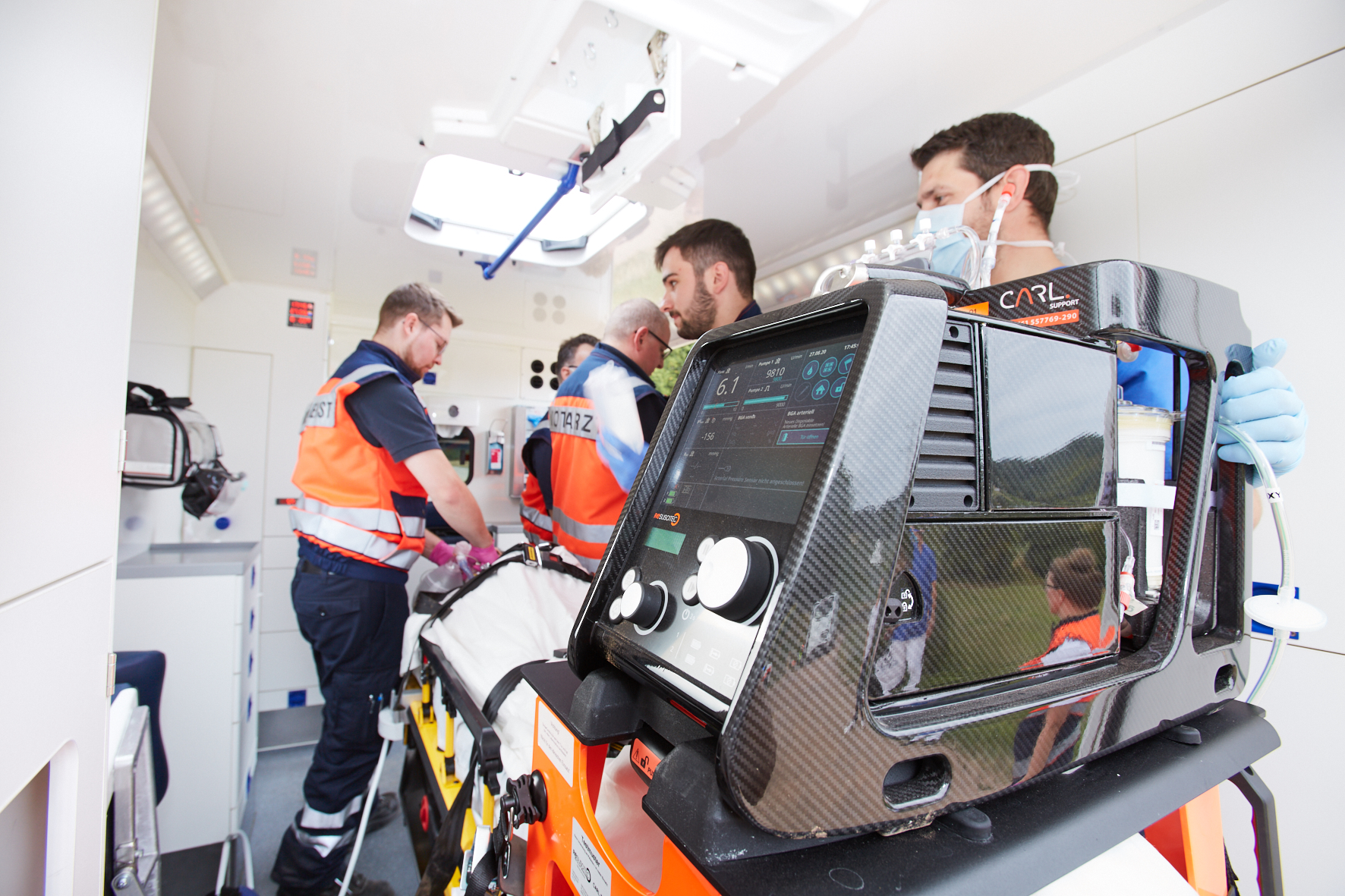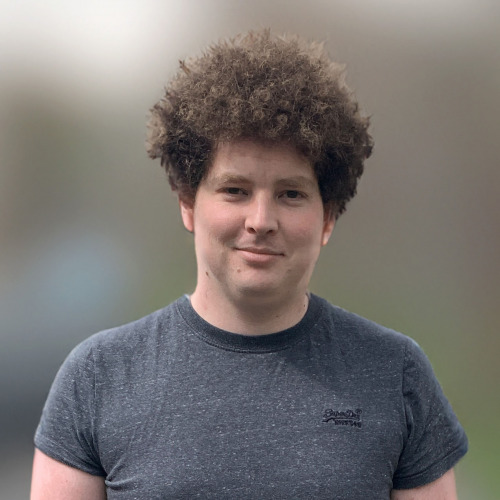
31-year-old man survives cardiac arrest without neurological sequelae
In Europe, around 500,000 people suffer a sudden cardiac arrest every year. Outside of a hospital, only about 8% of those affected survive, and a high percentage of survivors suffer from neurological sequelae after resuscitation.

A high percentage of survivors suffer from neurological sequelae after resuscitation. To improve this, CARL, as extracorporeal resuscitation, is an additional therapeutic option when interventions such as chest compressions or AEDs fail to reestablish spontaneous circulation. Here, the rescue team performs a controlled reperfusion adapted to the individual patient to maximize the potential for resuscitation.
Max experienced a completely normal morning, except for one thing: He felt a slight pressure on his chest. When he also started having breathing problems, he immediately made an appointment with his family doctor. But he was unable to keep it, because shortly thereafter Max suddenly collapsed in his own apartment. In retrospect, it turned out that he had suffered a severe heart attack at that moment. His girlfriend, who was fortunately with him, immediately alerted the rescue service. The quick help and close proximity to the Medical Center – University of Freiburg were a great stroke of luck for Max: After 50 minutes of resuscitation, he was connected to the CARL System while still in his apartment. He was in coma for six long weeks, then he woke up and it turned out that the CARL Therapy not only saved his life. In fact, despite his severe illness, the then 31-year-old has shown no motor or neurological limitations to date. Max regained his life and can even work again in his profession as a cook. One thing that has changed for him, however, is his focus on the essentials: Spending time with his family is now his top priority.
Close